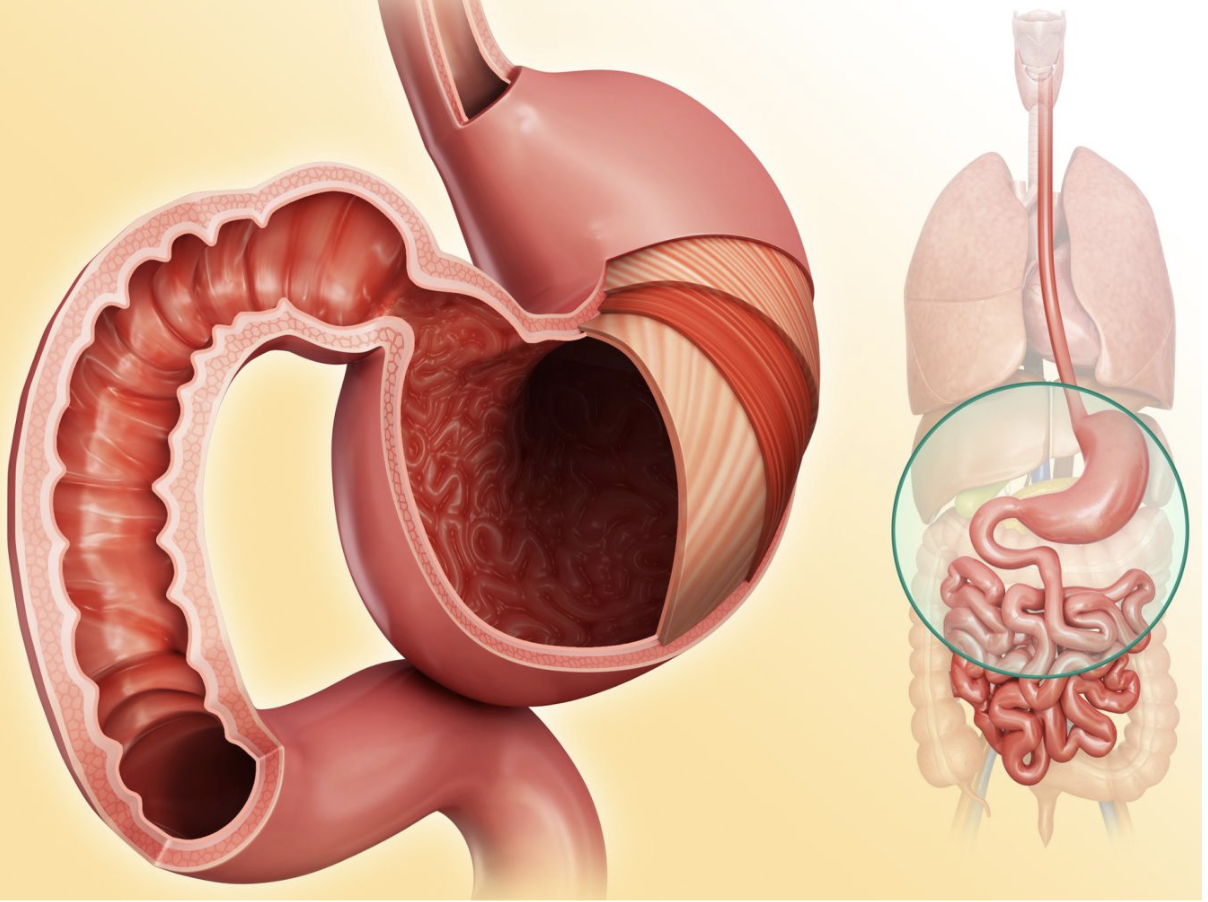Supplementing Good Micronutrients For Digestive System
As research into the digestive system expands, recommendations for improving the field will also continue. This section will focus on two fundamental aspects: vitamins, minerals, and fatty acids, and — with the digestive system and the low FODMAP diet in mind — how to get the right micronutrients for your health. Digestive. Today's article by Hera will provide you with some necessary information for a full meal of micronutrients!
As research into the digestive system expands, recommendations for improving the field will also continue. This section will focus on two fundamental aspects: vitamins, minerals, and fatty acids, and — with the digestive system and the low FODMAP diet in mind — how to get the right micronutrients for your health. Digestive. Today's article by Hera will provide you with some necessary information for a full meal of micronutrients!

How to fully supplement good micronutrients for the digestive system?
Micronutrients that are good for your digestive system
1. B vitamins, iron and vitamin C
Your digestive system craves B vitamins to help your body make red blood cells and obtain energy from food, but mainly vitamin B12 is useful for strengthening your digestive system. Adequate levels of B12 and vitamin C aid in iron absorption as well. Your gut bacteria need iron to function properly, and iron can also help your healthy gut bacteria thrive.
2. Vitamins EASY
Vitamin D aids digestion, immunity and helps with calcium absorption.
3. Selenium
Selenium protects your gut lining and enhances your gut's response to inflammation.
4. Zinc
Supports the production of digestive enzymes, which may reduce the risk of leaky gut syndrome
5. Magnesium
As well as helping to relax your muscles, balance blood sugar and deal with stress, magnesium can also minimize inflammation in your gut.
6. Omega-3 Essential Fatty Acids
Omega-3s are useful for supporting a normal anti-inflammatory response and heart health. These healthy fats can also increase the good bacteria in your gut.
Sometimes it's hard to get enough micronutrients
While it is clear that digestive micronutrients play a cooperative role in supporting the digestive system, many people do not reach the recommended amounts for essential vitamins, minerals and fatty acids. There are many reasons why this is the case; This section focuses on the role of diet and medical conditions, in part gastrointestinal, in suboptimal micronutrient intake.
Diet
For many people, this is because the standard diet, which tends to be higher in saturated fats, added sugars and refined grains and lower in fruits, vegetables, beans, whole grains, and nutrients. healthy fat. For others, fad diets that tend to be more restrictive and/or lower in calories play a role, resulting in lower nutrient intake.
Medical conditions
Certain medical conditions put people at higher risk of not getting enough micronutrients. This may be because medical conditions themselves play a role. For example, certain gastrointestinal conditions such as Crohn's increase the risk of impaired nutrient absorption in the digestive tract. Some medications, like metformin for diabetes, increase the risk of vitamin B12 deficiency because of changes in the gut, which can affect B12 absorption. Finally, specific diets intended to aid in the management of a medical condition may also be more restrictive and lead to lower nutrient intakes.
Meals and foods selected just for you
Deliver fresh, delicious, fully prepared, low-FODMAP gluten-free meals delivered to your door. Optional gi-trained dietitian support is available to help you learn trigger foods and take ongoing control of your digestive health.

Full complement of good micronutrients for the digestive system
Ways to fully supplement good micronutrients for the digestive system:
Choose your plan
Schedule a consultation with a dietitian (optional)
Enjoy your meal and get relief
Find out your trigger foods and manage your symptoms
Continue to enjoy low fodmap meals for convenience and to maintain ongoing control of your symptoms
Your digestive system is literally and metaphorically the core of your overall health. Playing an important role in immunity, stress, metabolism and mental health to name a few, a healthy gut contributes to a healthy mind and body so stay healthy. Get enough good micronutrients for the digestive system!
There are no comment for this news.


